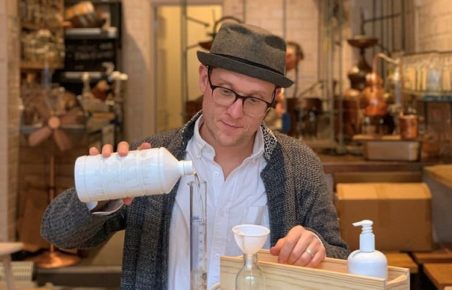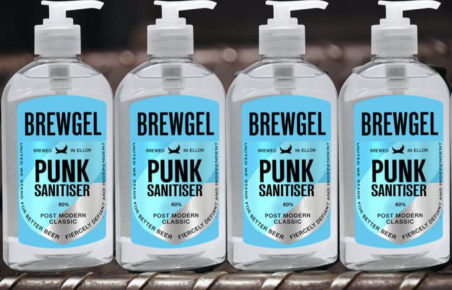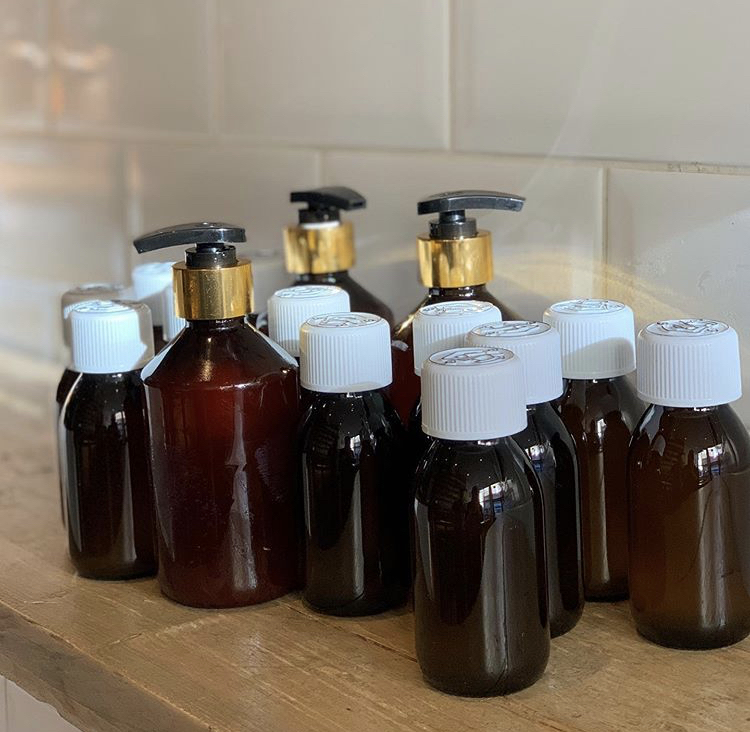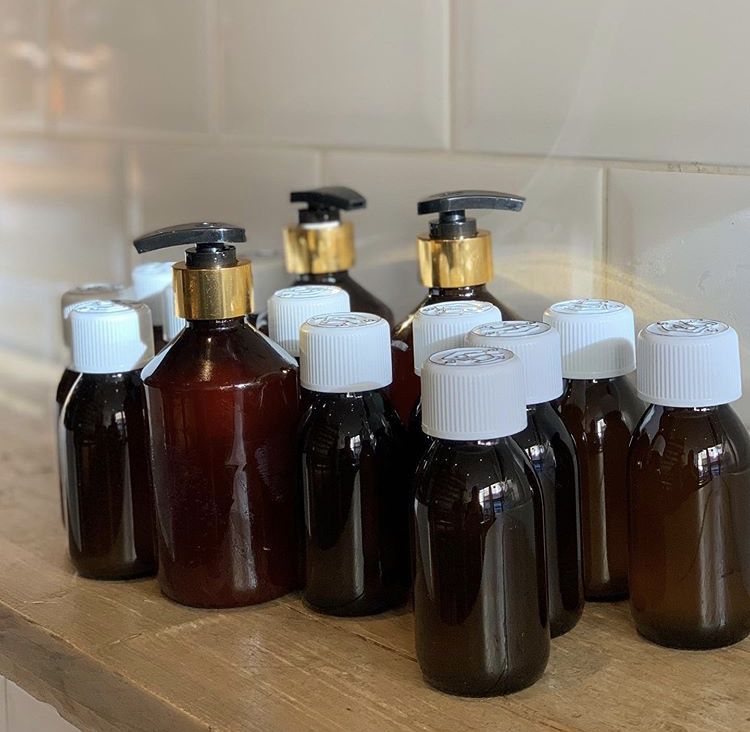Hand sanitiser: calls to suspend duty on distillery ethanol
Amid a changing daily landscape of Coronavirus alerts and advice, the alcohol industry is responding. Alan Powell is an excise duty consultant and also co-ordinator of The British Distillers Alliance (BDA). He has recently written to HMRC about the emergency use of distillery alcohol for the ad hoc production and distribution of hand sanitiser.
Excise duty
Although likely to made in small quantities, he notes, the excise duty is over £28 per litre of pure alcohol. This is a huge cost compared to the actual value of the product created. Supermarkets, chemists and home-delivery services are running out of hand sanitiser as soon as it’s available. So, surely now is the time to suspend duty on ethanol converted to hand sanitiser.
Value of hand sanitiser
We all know now that proper hand washing with soap at the right times is one of the best ways to protect ourselves and each other from COVID-19. While soap dissolves the fatty layer that coats the coronavirus, alcohol can kill different types of microbes. These include viruses, by unfolding or denaturing their proteins, breaking the bonds that hold them together.
However, this doesn’t always work. There are many different types of bacteria and viruses. Alcohol sanitisation is more successful against some than others. Many studies have shown that an alcohol concentration of 60% is required to be effective and this is the case with coronavirus.
Is homemade hand sanitiser any good?
The internet is full of recipes for making your own hand sanitiser. Some of these use vodka, which is typically 40% ABV, so ineffective against the coronavirus and may in fact make the situation worse. Health officials working with the United States Environmental Protection Agency have said that “Homemade sanitizers are not formulated specifically to be anti-viral and improper mixing of solutions could lead to spreading sickness.”
So, what about using pure ethanol? Is this even better than using 60% spirit? Apart from causing skin irritation, 100% alcohol evaporates too quickly. It is not as effective at protein denaturation as alcohol mixed with water down to 60% ABV.
HMRC regulations
HM Revenue and Customs (HMRC) regulations state that “Denatured alcohol is alcohol that has been made unsuitable for drinking by the addition of approved denaturants.” In order to produce, stock or distribute it in wholesale quantities, a company must be authorised or licensed. This also applies when excise duty is suspended. However, Powell notes that the duty charge is not remitted unless “the ethanol is statutorily denatured by a licensed denaturer”. Ethanol produced and converted to hand sanitiser by distilleries would, therefore, not be classified as formally denatured alcohol, like TSDA 1 (denatured ethanol B). They would still have to pay duty under current rules.
Time to waive restrictions on distillery ethanol
Alan Powell argues against this. He questions the duty status of ethanol held in duty suspension and ‘converted’ to hand sanitiser, i.e. for external use. If the sanitiser also contains ingredients other than alcohol, including emollients and detergent for example, then it’s not suitable for consumption. Furthermore, he points out that in extreme circumstances, “it can be possible to read into the warehousing provisions the ability to denature ethanol where the duty value exceeds the product”. Additionally, although it is HMRC’s policy for two days’ notice to be given before denaturing the alcohol, “this could be waived provided the records show the amount of spirits denatured/destroyed”.

A bottle of hand sanitiser being filled at Psychopomp Microdistillery
Distilleries already showing the way!
One UK distillery already making its own hand sanitiser is Bristol-based Psychopomp Microdistillery, featured in an exclusive interview for Ryebeck last year. Mixing 65% ethanol with aloe vera gel and their own gin botanicals, they are handing out small bottles of hand sanitiser for free. In return, they do ask for charitable contributions to Bristol children’s hospital charity, The Grand Appeal.
Circumstance Distillery taking the lead
Ryebeck spoke to Dr Liam Hirt, cardiologist and co-owner of Psychopomp and Circumstance Distilleries, about this initiative. “We had the idea at the end of February and the first batch was ready by 4th March. It came about because the team wanted some hand sanitiser and none was available in the shops. We realised that we had all the ingredients we needed to make our own, so decided to do just that. When we had made it, we wanted to give it to the vulnerable people in our lives. It then dawned on us that everyone has vulnerable people in their lives and could not get hand sanitiser. So, we decided to give it away for free to help keep those vulnerable people safe. We have been asking for donations to the local children’s hospital in lieu of payment for those that can afford it.”
Other distilleries inspired by Circumstance
Liam notes that there are other distilleries who want to follow their example. “I have had lots of communication with other distilleries who are planning to follow suit, wanting advice and guidance. If we know there is a problem and have the means to help protect those people but choose not to, there is an element of moral bankruptcy. I do not believe we have reached this yet as a society, well not here in Bristol anyway. However, some distilleries will not have the means to help, despite a willingness.”
Urgent need for duty suspension on distillery ethanol
As a doctor, Liam is acutely aware of the medical need for hand sanitiser. “We have been contacted by nursing homes and GP surgeries asking for hand sanitiser. If vulnerable people are attending a GP surgery for normal care and are coming into contact with potentially infected people, there is a big problem.”
Therefore, Liam is in no doubt of the urgent need for HMRC to suspend duty on distillery alcohol used for hand sanitiser in the fight against Covid-19. “I have been in touch with our local MP asking her to raise the issue. I have also raised the issue with HMRC and through the British Distillers Alliance. Additionally, we have applied for licences from HMRC to buy and to produce denatured alcohol. I am hoping these will be fast tracked.”
Safeguarding against future pandemics
Liam is also mindful of the need to prepare for future potential epidemics and that current licensing requirements and duty costs make the situation more difficult. “We don’t yet have a licence to produce or a licence to buy denatured alcohol. We are using potable duty-paid alcohol, with duty paid at £28.74 per litre. It’s very expensive for us to give this away in our hand sanitiser. At the moment, to remain within HMRCs rules, this is about all we can do. These are strange times. Denaturing is not something we ever thought we would need to do.”
“There would be a threat to excise revenue if anyone who produced alcohol could also destroy it. So I understand why it should be a licensed activity. However, it is worth considering that this is one pandemic in a series of epidemics – SARS, Swine flu, and now Coronavirus. I expect there will be others. Therefore, maybe a change in provisions to allow distillers to denature alcohol during an outbreak is a sensible precaution to enable a swift response in the future.”
Other responses

Brewdog’s Punk Sanitiser
Brewdog has also confirmed that they have started using their distillery to make Punk Sanitiser. The company is similarly giving bottles away to those who need it. “We want to do all we can to help everyone get through this difficult time“, says co-founder James Watt.
Recently, Altia, a Nordic alcoholic beverage business, announced that it would produce enough technical ethanol “round the clock” at its Koskenkorva vodka facility. The company will make up to 200,000 half-litre bottles of hand sanitiser gel each day.
Words of advice
In the face of this latest pandemic, we should all heed Liam Hirt’s advice – “Wash hands when you can, use sanitiser when you can’t.”
… and in the meantime, if we have to isolate ourselves from our usual activities, then at least Liam can offer a few words of comfort. “Please remember that craft distilleries also make delicious spirits that can be ordered online and drunk at home – perfect for long periods of social distancing.” Smaller businesses need all the help they can get to survive and the alcohol industry is a better place for them.
If you’re interested in purchasing distillation equipment or wholesale ethanol than please give Ryebeck a call. You can reach the team on +44 (0) 800 689 3216 or contact them via their online form.
Author: Robin Goldsmith of The Write Taste.






